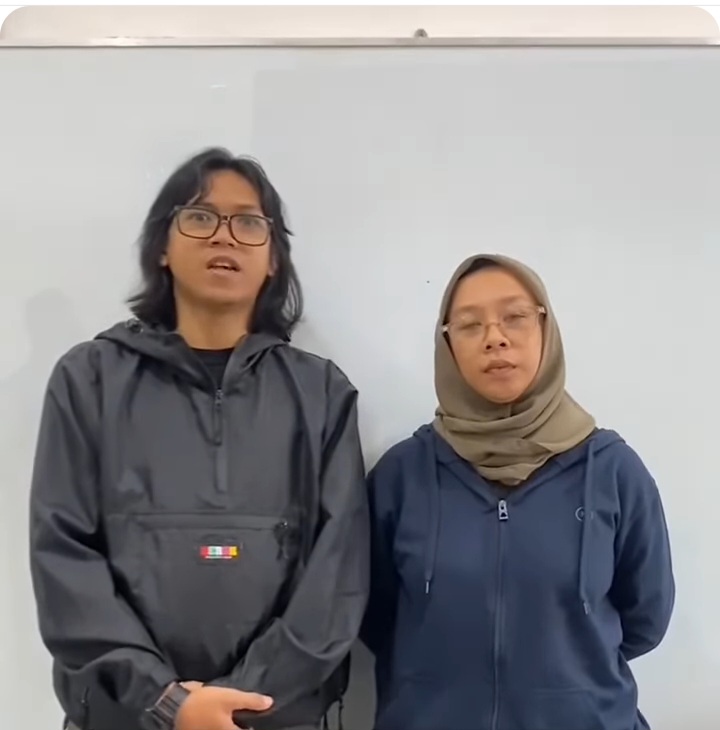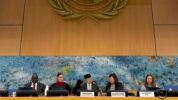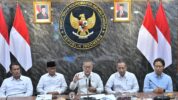Only A Song. Police Intimidation of Sukatani Highlights Growing Threat to Free Expression in Indonesia
Amnesty International urged the police to identify those responsible for pressuring Sukatani to retract their song and create the apology video. The organization also stressed the importance of protecting freedom of expression and ensuring that artists like Sukatani can freely create and share their work without fear of reprisal. “The police must guarantee that every citizen, including artists, can freely express themselves without the threat of intimidation or harassment,” said Hamid.
The right to artistic expression is a cornerstone of human rights. According to Amnesty International, music serves as an essential outlet for individuals to voice their concerns and reflect on the social realities they face. Freedom of artistic expression is safeguarded by both international and domestic laws, including Article 19 of the International Covenant on Civil and Political Rights (ICCPR), which Indonesia ratified through Law No. 12 of 2005, and Article 27 of the Universal Declaration of Human Rights.
In recent months, art has become an increasingly targeted form of expression in Indonesia. In December 2024, the government also retracted a piece of visual art by artist Yos Seprapto. Additionally, just days ago, the performance of a play titled Wawancara Dengan Mulyono (Interview with Mulyono) was banned from being staged. These actions highlight a troubling trend of censorship and suppression of free expression in the arts, especially when works serve as vehicles for social critique.
Hamid argued that silencing art is akin to silencing human rights. “When the government stifles artistic expression, it stifles the fundamental rights of citizens to freely discuss and challenge the realities they face,” he remarked. The role of the police, he asserted, should be to protect human rights, not to suppress them. Such censorship also reflects a broader trend of authoritarian practices, which have persisted in the country even after the Reformasi period in 1998.



























Tinggalkan Balasan